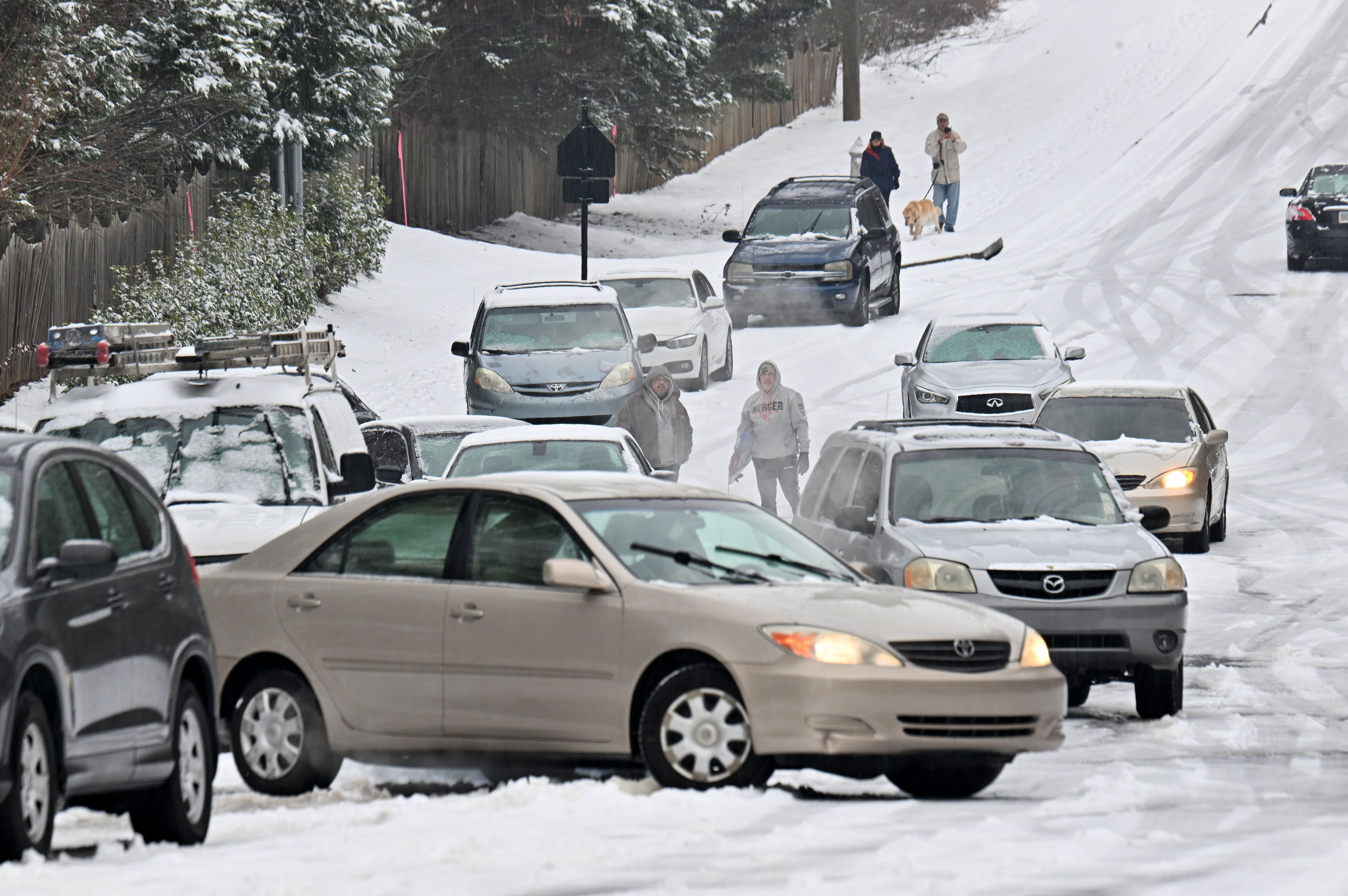Teachers group: Delay in-person start of school until at least mid-August
I asked educators last night on the AJC Get Schooled Facebook page to share their district’s opening plans. More than 120 educators from across Georgia commented or sent me notes, revealing a patchwork quilt with an amazing degree of variability and permeability.
Some districts, including Clayton, Atlanta and DeKalb, are reopening virtually in August. Gwinnett, Cobb and Fulton are offering with both brick and mortar classes and a virtual option when they resume next month. Other districts are holding off reopening until September with the hope the coronavirus surge will relent. Yet, others are readying for in-person classes July 31.
For the most part, the districts opening fully in-person in late July and early August are in regions with lower rates of infections than metro Atlanta and other hot spots. But some teachers are still worried, knowing how quickly the coronavirus can spread and overtake a community.
Education advocates sought to leave the decision about how and when to resume to locals, fearing the inclination of Gov. Brian Kemp would be to open all schools.
But local control has created a muddle, with some teachers returning in two weeks and counting on prayers and Lysol to protect them. Other educators will be safe at home teaching remotely for at least nine weeks, and longer if infections continue to soar.
As one teacher commented: “This is definitely the right time for our leaders to get on the same page and find some consensus. Can you imagine how teachers working in one district and with kids in a different district are scrambling?”
“In the metro area, we seem to have more agreement among parents, educators and district school leaders regarding keeping schools virtual only,” said Margaret Ciccarelli, director of legislative services for the Professional Association of Georgia Educators. “It gets more complicated the farther you move away from the city core.”
While Georgia educators want to be in schools, a PAGE survey of members found many had concerns about the threat of the COVID-19 virus, especially those whose age or health conditions rendered them more susceptible.
“We all agree schools should be open. Question is can we do it safely,” said Marietta Schools superintendent Grant Rivera at an AJC forum tonight.
After surveying its members and discussing the state situation, PAGE released its own recommendations for reopening today.
Chief among them: Delay in-person school openings until at least mid-August and use a phased approach to return students and educators to the classroom. In communities with substantial COVID-19 spread, PAGE advises beginning the school year with virtual-only instruction.
In a statement, PAGE said, “Following these recommendations offers multiple benefits including time for the increase in COVID-19 cases to subside, and for determining the appropriate school opening strategy. A delayed opening also provides more time for safety planning, robust communication with educators, and training on safety and instructional plans. "
PAGE also issued a report, Navigating Uncertain Circumstances: Educator Concerns about Opening Schools During the COVID-19 Pandemic, that drew on survey responses from more than 16,000 educators
Among the findings of that survey:
- Fifty-one percent of educators report their districts have released opening plans. More than 52% of educators whose districts have released plans do not believe the plans are appropriately responsive to the risks of the virus.
- Nearly 78% of educators plan to return to school, about 19% are uncertain, and 3% report they will not return.
- Approximately 30% of educators are high-risk for the coronavirus and are more uncertain about returning to the classroom.
- Forty-four percent of teachers want training in providing engaging online instruction, and more than a third want training in using online instructional technologies. More than half want high-quality online resources.
- About 37% of educators have school-age or younger children and will require support if schools close again and they provide instruction from home

